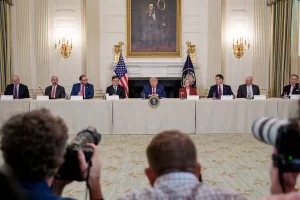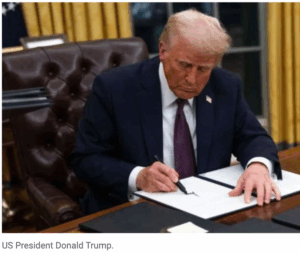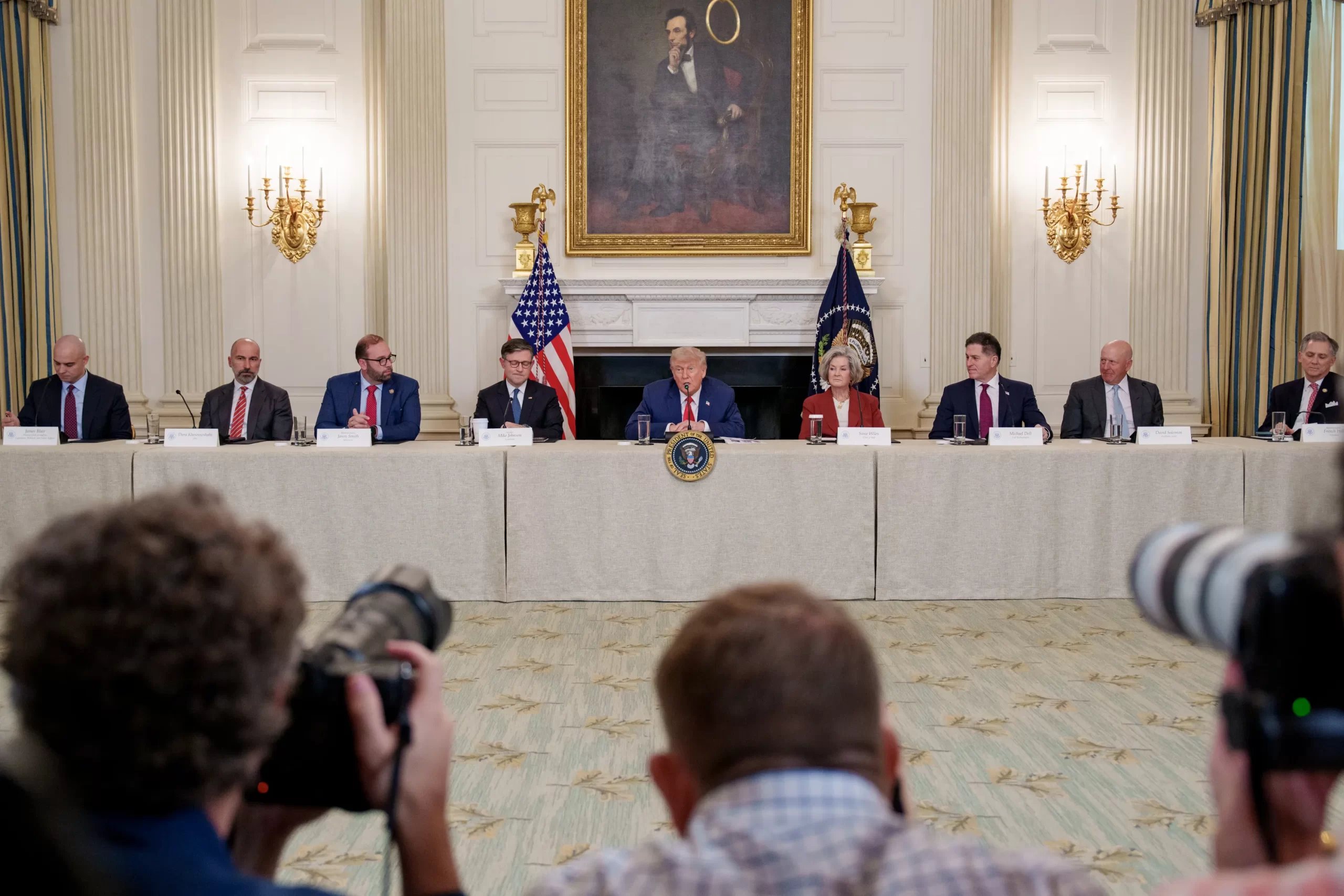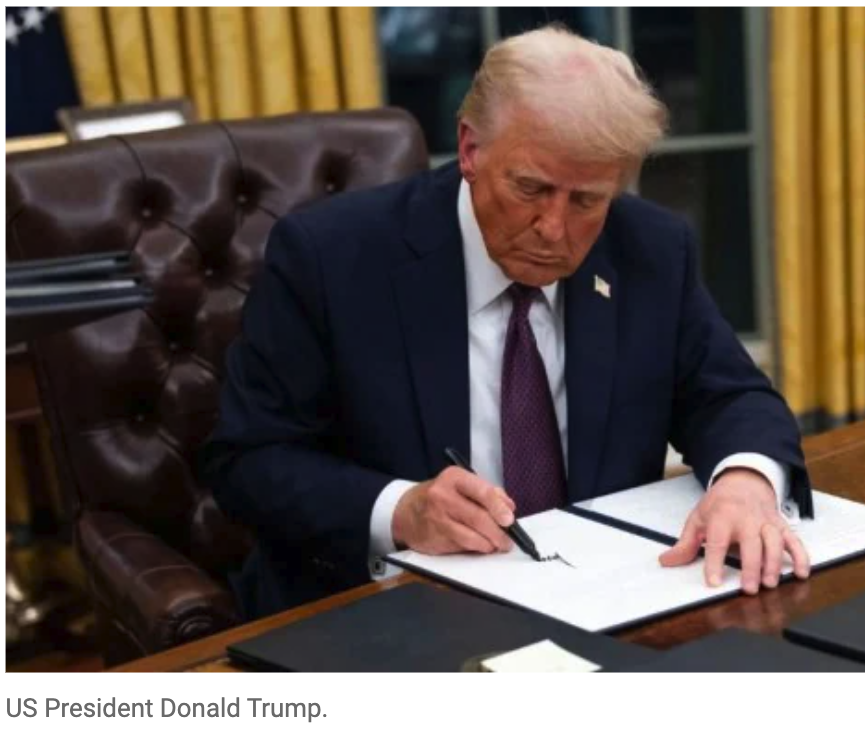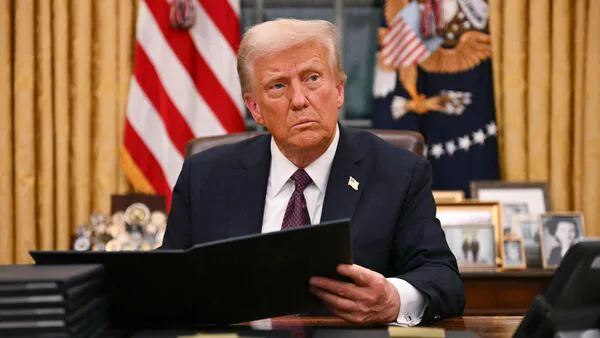President Announces “America First Investment Policy” to Strengthen National and Economic Security
Washington, D.C. – In a major policy shift aimed at bolstering U.S. economic security, the President has unveiled the “America First Investment Policy,” a comprehensive directive designed to encourage foreign investment from allied nations while tightening restrictions on adversarial economic influences, particularly from China.
The memorandum, addressed to key members of the administration, emphasizes the dual goals of maintaining an open investment environment and safeguarding critical industries from foreign exploitation. The policy underscores that while foreign investment can generate jobs and economic growth, unchecked acquisitions by strategic competitors pose risks to national security.
Key Highlights of the Policy:
- Encouraging Allied Investment: The U.S. will streamline processes for investment from partner nations, particularly in advanced technology sectors, through a fast-track system.
- Restricting Adversarial Influence: Investments tied to foreign adversaries, particularly China’s Military-Civil Fusion strategy, will face stricter scrutiny. Chinese-affiliated entities will be blocked from acquiring critical infrastructure, technology, farmland, ports, and natural resources.
- Safeguarding National Security: The administration will leverage the Committee on Foreign Investment in the United States (CFIUS) to review and block transactions that threaten national interests.
- Reducing Bureaucratic Burdens: The government will phase out long-term mitigation agreements for foreign investments from adversarial nations, focusing instead on clear and time-bound compliance measures.
- Protecting U.S. Capital Markets: The U.S. will deter American firms from investing in Chinese military-linked companies, with potential sanctions under the International Emergency Economic Powers Act (IEEPA).
- Expediting Large-Scale Investments: Environmental reviews for investments exceeding $1 billion will be fast-tracked to promote economic growth.
“Economic Security is National Security”
The President reaffirmed that economic competition is closely tied to national security, citing concerns that China is using American capital to strengthen its military-industrial complex while blocking U.S. firms from similar access in its own markets. The policy aims to protect American intellectual property and secure vital industries from foreign takeovers.
The directive assigns multiple federal agencies, including the Treasury, Defense, Homeland Security, and Commerce Departments, to develop and enforce regulations ensuring compliance with the new investment framework. The administration has also called for enhanced international cooperation, urging allied nations to align investment policies to prevent economic exploitation by strategic competitors.
Implementation and Oversight
As part of the policy rollout, CFIUS will issue quarterly reports assessing foreign investment trends, while the U.S. Trade Representative will engage with allied nations to establish reciprocal agreements ensuring fair investment practices.
The President has instructed the Treasury Department to publish the full memorandum in the Federal Register, signaling an official commitment to the new policy.
This sweeping initiative marks a significant shift in U.S. foreign investment strategy, reinforcing the administration’s stance that while global investment is welcome, national security will not be compromised.



